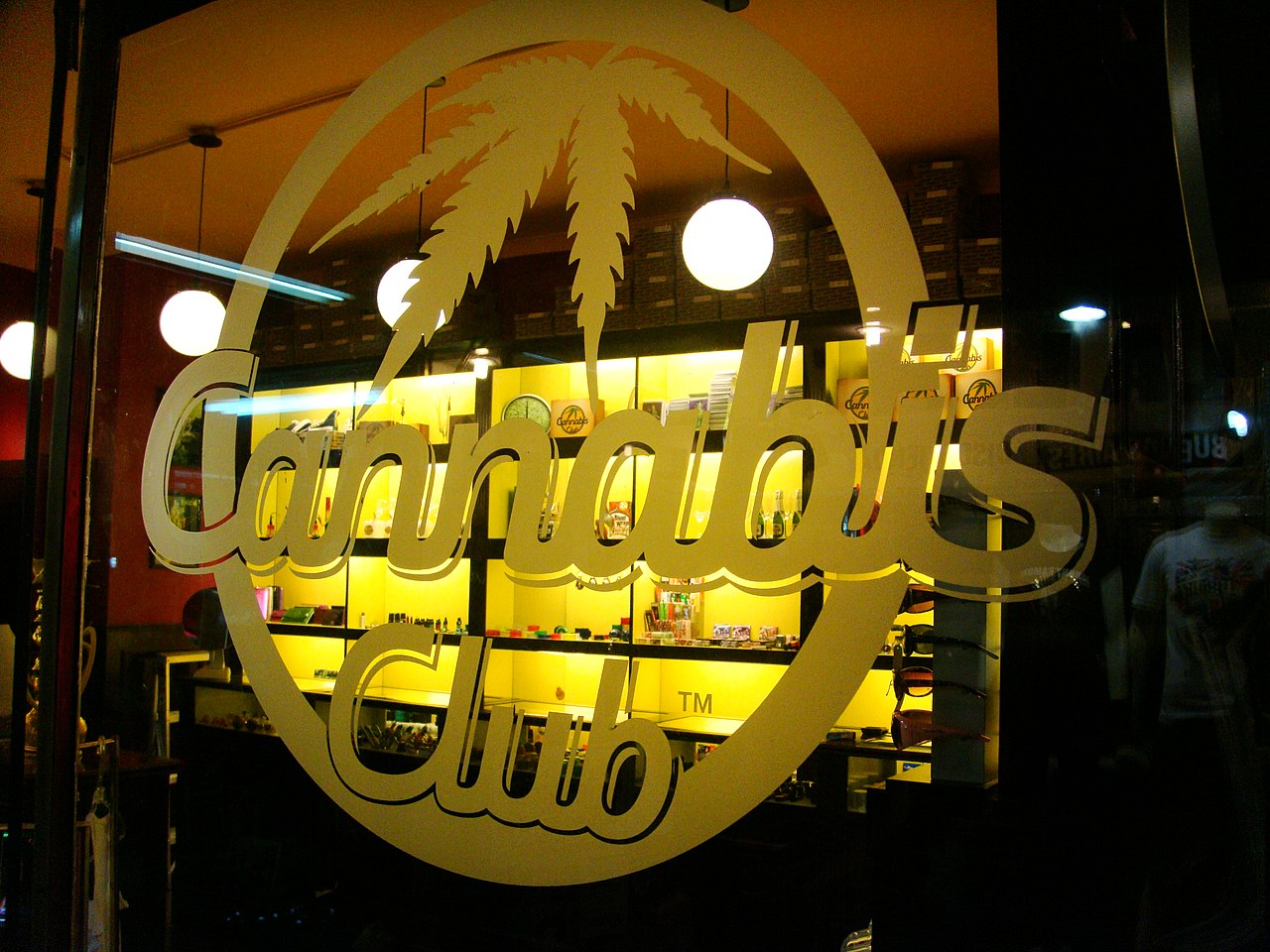Who is in, for How Long and What for. Exploring the Social Dimension of Cannabis Social Clubs in Barcelona, 2017-2020
Authors:
Anna Obradors-Pineda, José Carlos Bouso, Joan Colom, and Jakob Manthey.
Journal:
Journal of Drug Issues
Year:
2024
About the study
This study delves into the demographics, behaviors, and social dynamics of members of Cannabis Social Clubs (CSCs) in Barcelona from 2017 to 2020. Analyzing data from 2007 members across five CSCs, it reveals that most members are young men, with an average age of 36.1 years, and shows gender differences in cannabis procurement patterns. The study also highlights the longer membership duration among women, older adults, and medical users, despite their lower cannabis use compared to young, recreational male members.
Abstract
Analyzing the activity data of 2007 Cannabis Social Clubs (CSCs) members in Barcelona between 2017 and 2020 we describe the demographics, the amounts of cannabis collected (.46 g/day amongst men; .37 for woman) and the relationships established with the CSCs: frequency of procurement (every 15.4 days for woman; 11.6 days for men); and membership length (mean 657.3 days). An 80% of members were men (mean 36.1 years old). Women, older adults, and those registered as medical users had generally longer memberships than the average despite the frequencies and the amounts procured by them tended to be lower compared to young recreational male members. The daily amount used rose from an estimated general average of .44 g, to an estimated 1.41–4.76 g collected by a 5% of CSC members. Beyond providing small amounts of cannabis, CSCs are mainly used as socializing spaces for people who use cannabis.
Photo by Wikimedia Commons.
Categories:
Studies & papers
, Cannabis
Tags:
cannabis
, scientific research
, study
, Cannabis Social Clubs (CSC)
, harm reduction
, cannabis associations

